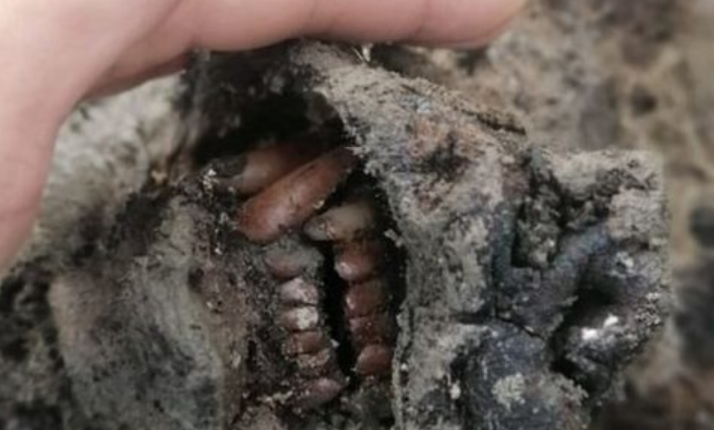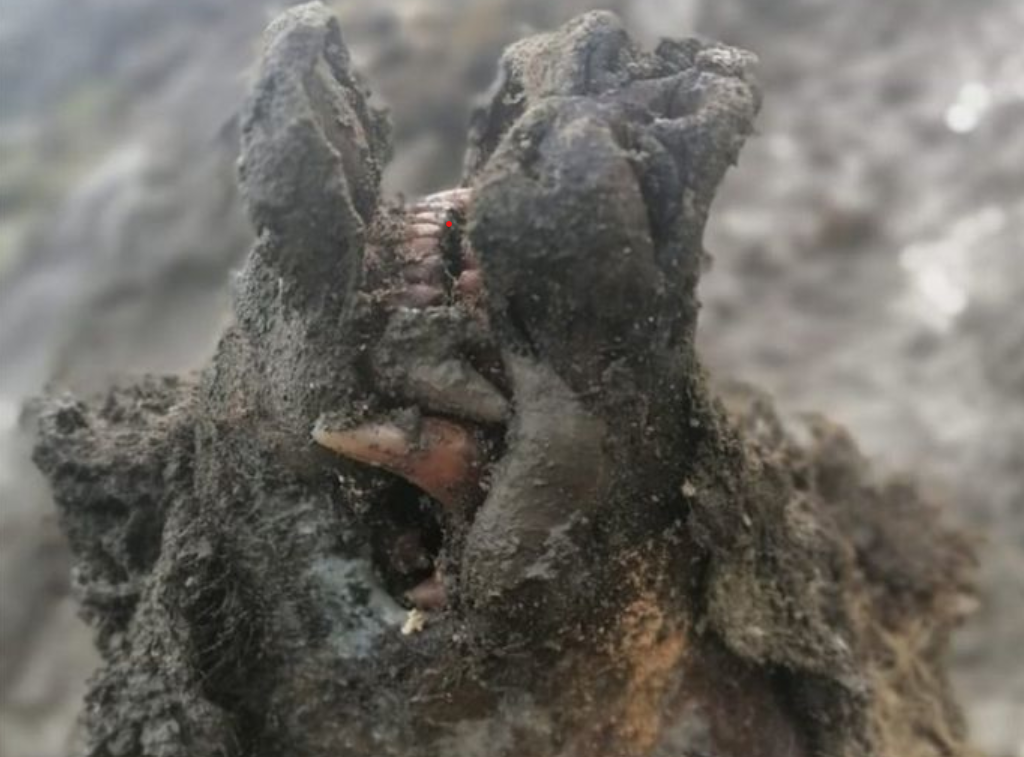An almost perfectly preserved Ice Age cave bear has been found in the far north of Russia, in the country’s Arctic Circle, where temperatures in the winter can drop to more than 50 degrees below freezing.
It is believed to be the first ever example of this particular species discovered with its soft tissues still intact.
The initial find was made by herders following their reindeer on the remote Lyakhovsky Islands in the East Siberian Sea – now part of Russia’s New Siberian islands archipelago in the nation’s Far North.
Until the discovery was made, cave bears were only known because of bone remains discovered in the same area and elsewhere, but, according to scientists from Russia’s North-Eastern Federal University (NEFU) in the Siberian city of Yakutsk, the unearthing of the bear is of “world importance.”
The species is known to have occupied much of Europe and Asia in areas once covered by glaciers.
It is likely the bear would have shared the region with large mammoths and sabre toothed cats, but it could well have fought off any potential foe with males of the species weighing as estimated metric ton, around 200 kg heavier than the heaviest bears alive today.












Comments are closed.